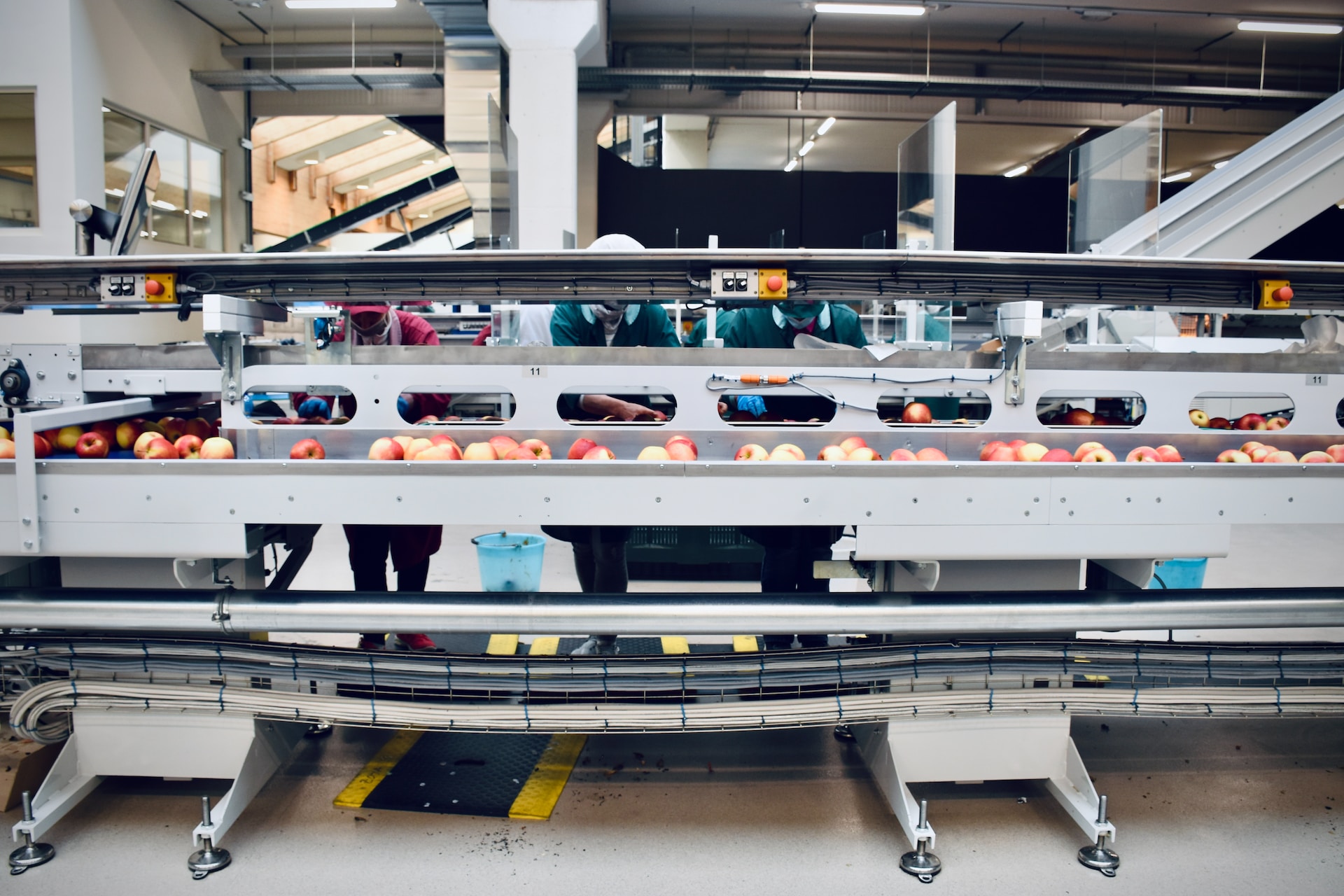“In today’s ever-changing technology landscape, suppliers must adapt quickly”
Automation offers multiple benefits for b2b suppliers in the food and beverage industry, from increasing customer satisfaction to reducing costs. Suppliers must develop a cohesive solution to emerge into automation and its impact fully.
Opportunities for businesses seeking to keep ahead of the competition are becoming more available with technologies, such as automation, helping them to perform at their best. In today’s ever-changing technology landscape, suppliers must adapt quickly and learn how to reshape their operations to face changes in customer expectations and the newly competitive market.
After speaking to many food and beverage suppliers, we learned that most organisations use automation sporadically throughout other parts of their business, creating point or tape solutions due to old legacy systems and a lack of knowledge.
Challenges when implementing automation
One common factor for implementing automation in the organisation is eliminating work, but suppliers must look at cohesive operations. Simply focusing on automation to eliminate work will lead to only temporary cost savings and quick wins.
Food and beverage suppliers must focus on richer organisational engagement to achieve better, long-lasting results. It includes customer experience and service, warehouse logistics, marketing, sales, and order management – it all benefits from automation in a streamlined way.
One of the main challenges is the complexity of the supply chain. In the food and beverage industry, many players are often involved in getting products from the manufacturer to the end consumer, including suppliers, distributors, retailers, and more. As a result, many different systems and processes may be in place, making integrating automation across the entire supply chain challenging.

“It is important to consider the long-term benefits”
Ensuring the accuracy and quality of data is another critical challenge when implementing automation. Automation relies heavily on accurate and consistent data input, so it is vital to have systems to check for errors and inconsistencies.
Automation can require significant investment in technology and training, which can be a barrier for some companies. However, it is important to consider the long-term benefits, such as increased efficiency and accuracy, which can ultimately lead to cost savings over time.
Overall, while there are certainly challenges to implementing automation in the food and beverage industry for B2B suppliers, it is possible to overcome these challenges and reap the benefits of automation with proper planning and support.
How can Cerve help
Cerve uses its unique integration to automate business processes and clarify your data and habits. It transforms raw data by applying business logic, standardising, enhancing it, and computing the ERP extracts.
Adapting to your internal processes, Cerve provides a complete automation and personalisation on both the supplier and customer side.
Cerve offers a unique way of integrating all the suppliers digital infrastructure, allowing to automate their sales process while providing an unparalleled experience for their customers. Our implementation process is swift and requires near zero effort, making it pain-free and instant.
Contact us to learn how we can help you automate your business processes.


